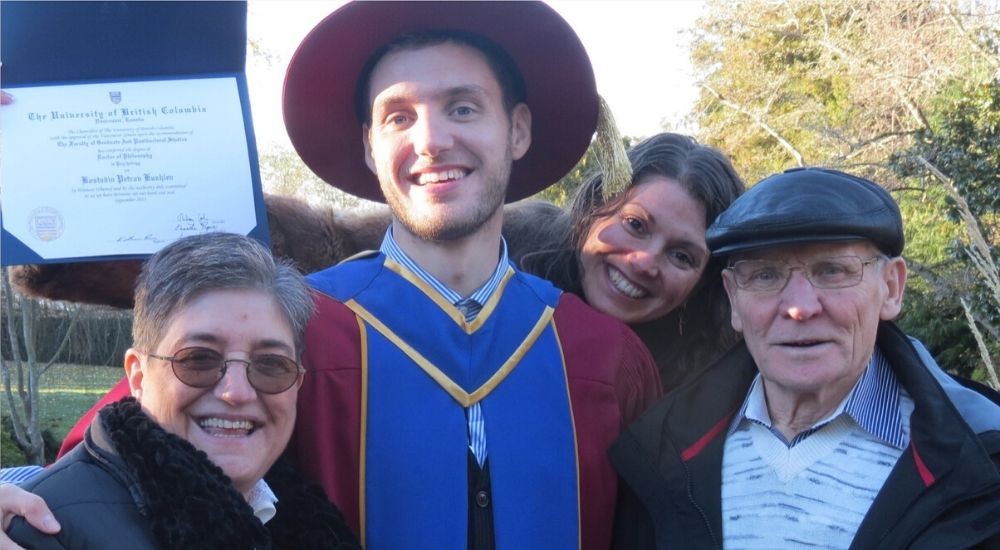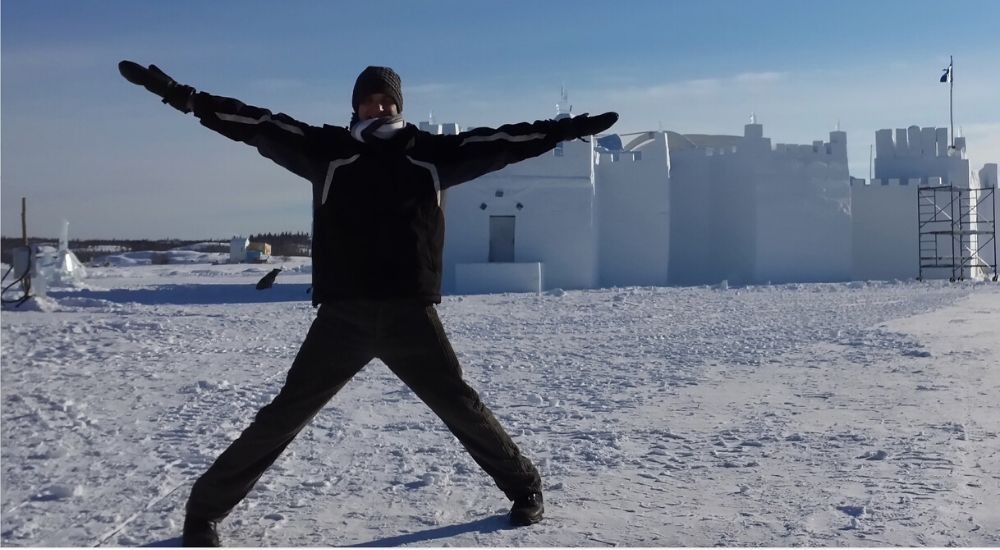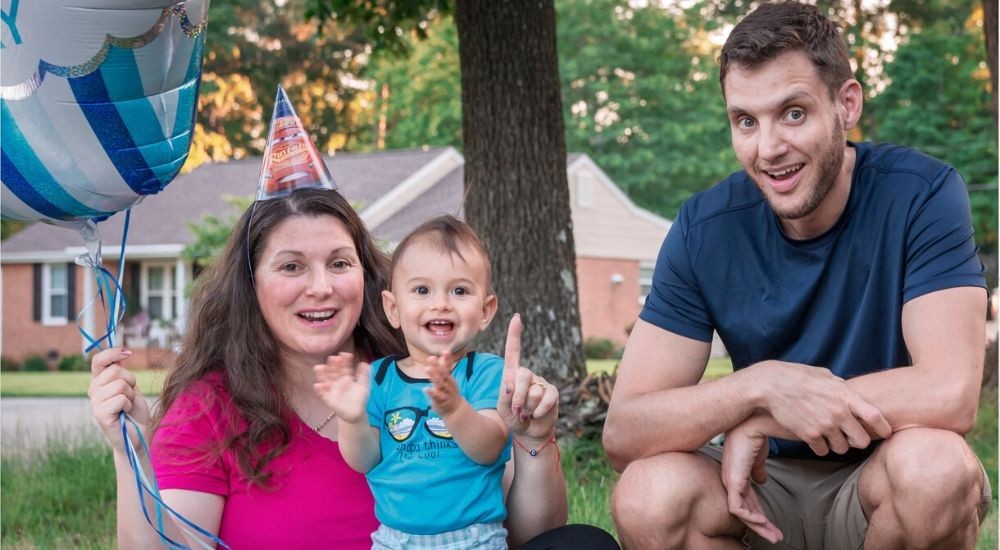Although we associate the science of psychology with the wounded soul, with obsessive fear and anxiety, among its researchers there are also... seekers of happiness.
Bulgarian psychologist Kostadin Kushlev is an assistant professor at Georgetown University in Washington, D.C. and he is studying happiness. Happy people have good relationships, they do good to others, and take time for themselves, he claims. "Happiness is not so much a matter of thinking as of behavior," says the psychologist. But what happens to happiness during a pandemic when the most important ingredient, social life, is kept to a minimum?
"This situation allows us to find new ways to make ourselves fuller and therefore happier," said the expert. “One of them is helping others. For example, if we have older neighbors, we can do their shopping. We can also donate money to help people who have lost their jobs and cannot cope with this difficult situation.”

Kostadin Kushlev had a happy childhood in the picturesque town of Madan in the Rhodope Mountain, and his curiosity took him across the pond "to see new things and other ways of thinking." After graduating in psychology and earning a doctorate from a Canadian university, he has been living in the United States for 16 years, where he teaches, pursues science and, with his achievements, attracts the attention of the world's media. He is currently researching how the pandemic affects our happiness. Otherwise, in his field of vision is the influence of technology on human social behavior.
“Using technology is bad for happiness," he says. “Especially if they replace non-virtual social relationships and prevent us from going out with friends, because for example we have spent 3-4 hours on Facebook. At this point, however, when we do not have the opportunity to see many people, it is important to note that technology has a positive effect on happiness.”

In order to feel happier, we often indulge in pleasures, which, however, fill us with doubts whether we are not robbed of the quality and meaning of our lives.
"Many people think that meaningfulness and hedonism are things that do not come in contact," says Kostadin Kushlev. “If we have a meaningful life, we do not have many pleasures and vice versa. But in fact, when we have direction in our lives, we feel happier. And if we ask a person in a good mood about it, it will turn out that his life is more meaningful than that of a person in a bad mood. So the pleasures and the sense of meaningfulness of life are quite connected.”

Thinking about how our personal world will change after the pandemic, we increasingly lose our powers of resistance and succumb to depression. Will we overcome the social isolation that has "trained" us to look with hostility on anyone who has stepped into the perimeter of our illusory security? Will we populate the planet with individualists who have renounced their civil rights for fear of mingling with the crowds? Will we become antisocial home-isolated melancholics? All these questions do not give us peace.
"If we feel overwhelmed, we can close our eyes and breathe deeply for a minute to calm our nervous system”, the psychologist advises. “The other thing is to write down in a diary the things that bring us happiness and for which we are grateful. It is normal at the moment to focus on the problems, but it is also good to spend a few minutes a week to think about the good things – family, friends, our job, etc. Each of us can find things to be grateful for, and that will help them see the whole picture, instead of focusing only on the problems. ”
English Rossitsa Petcova
Photos: courtesy of Kostadin KushlevPresident Rumen Radev was a guest at the Elhovo holiday and the celebration of 100 years since its declaration as a town, BTA reported. According to the head of state, the border town of Elhovo "is today a place with spirit and traditions, with..
Divers from Burgas' Friends of the Sea association opened the diving season . With the water temperature at seven degrees , they made their traditional spring dive along the coast of Kiten, where underwater remains include ancient artefacts and even a..
On the night of Saturday to Sunday (30 March), at 3am, we need to move the clock forward one hour - to 4am. This will give us an hour less sleep on that particular night, but in the long run we will be able to make better use of daylight, which should..
Shortly after the opening of the motorcycle season in Sofia at the end of March, Bulgaria's capital city will host the country's largest motorcycle..
Since its establishment on April 11, 2022, the Institute for Computer Science, Artificial Intelligence and Technology – INSAIT has..
Romanian police and military personnel worked as mercenaries in Congo According to a report by the Romanian Ministry of the Interior, 11..

+359 2 9336 661
